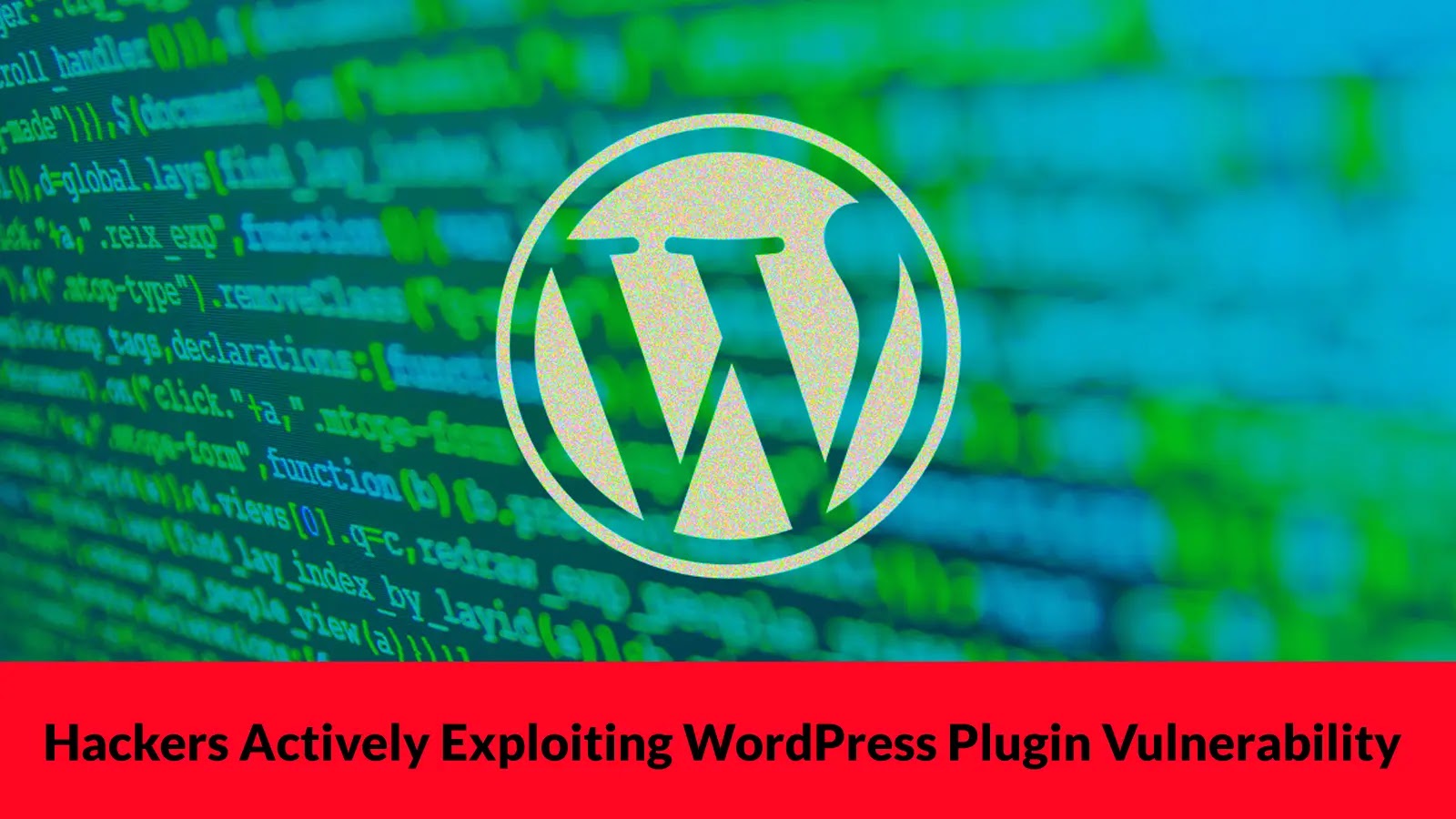Apache Roller, a widely-used open-source Java-based blogging platform, has recently been found to contain a critical security vulnerability that could allow attackers to maintain unauthorized access even after a user changes their password. This flaw, identified as CVE-2025-24859, has been assigned the highest possible severity rating with a CVSS score of 10.0. It affects all versions of Apache Roller up to and including 6.1.4.
Understanding the Vulnerability
The core issue lies in Apache Roller’s session management system. Specifically, active user sessions are not properly invalidated when a user changes their password. This means that if an attacker has gained access to a user’s session—perhaps through session hijacking or other means—they can continue to interact with the application using that session, even after the legitimate user has updated their password. This flaw undermines the fundamental security principle that changing a password should terminate all existing sessions, thereby preventing unauthorized access.
Potential Impact
The implications of this vulnerability are significant. An attacker who has compromised a session can maintain access to the application indefinitely, regardless of any password changes made by the user. This persistent access could be exploited to steal sensitive information, manipulate content, or perform other malicious activities within the application. For organizations relying on Apache Roller for their blogging needs, this vulnerability poses a serious risk to data integrity and user security.
Official Response and Mitigation
In response to the discovery of CVE-2025-24859, the Apache Roller development team has released version 6.1.5, which addresses this critical flaw. The update introduces centralized session management, ensuring that all active sessions are invalidated when a user’s password is changed or when a user account is disabled. This enhancement effectively closes the loophole that allowed unauthorized session persistence.
The project maintainers have emphasized the importance of this update, stating, A session management vulnerability exists in Apache Roller before version 6.1.5 where active user sessions are not properly invalidated after password changes. When a user’s password is changed, either by the user themselves or by an administrator, existing sessions remain active and usable.
Recommendations for Users
Given the severity of this vulnerability, it is strongly recommended that all users and administrators of Apache Roller take immediate action to secure their installations:
1. Upgrade to Version 6.1.5: Ensure that your Apache Roller installation is updated to the latest version to benefit from the security fixes implemented.
2. Review Session Management Practices: Evaluate your current session management configurations and policies to ensure they align with best security practices.
3. Monitor for Unusual Activity: Keep an eye on user activity logs for any signs of unauthorized access or anomalies that could indicate exploitation attempts.
4. Educate Users: Inform users about the importance of logging out from sessions, especially when using shared or public computers, and encourage regular password updates.
Broader Context
This disclosure comes in the wake of other significant vulnerabilities affecting Apache projects. For instance, a critical flaw in Apache Parquet’s Java Library (CVE-2025-30065) was recently identified, which could allow remote attackers to execute arbitrary code on vulnerable instances. Similarly, a severe security issue impacting Apache Tomcat (CVE-2025-24813) was reported, with active exploitation observed shortly after the details became public.
These incidents underscore the importance of proactive security measures and the need for organizations to stay vigilant about potential vulnerabilities in widely-used open-source software.
Conclusion
The discovery of CVE-2025-24859 in Apache Roller highlights a critical gap in session management that could be exploited to maintain unauthorized access. By promptly updating to version 6.1.5 and adhering to recommended security practices, users can mitigate this risk and ensure the integrity and security of their blogging platforms. As the cybersecurity landscape continues to evolve, staying informed and proactive remains essential in safeguarding digital assets.



